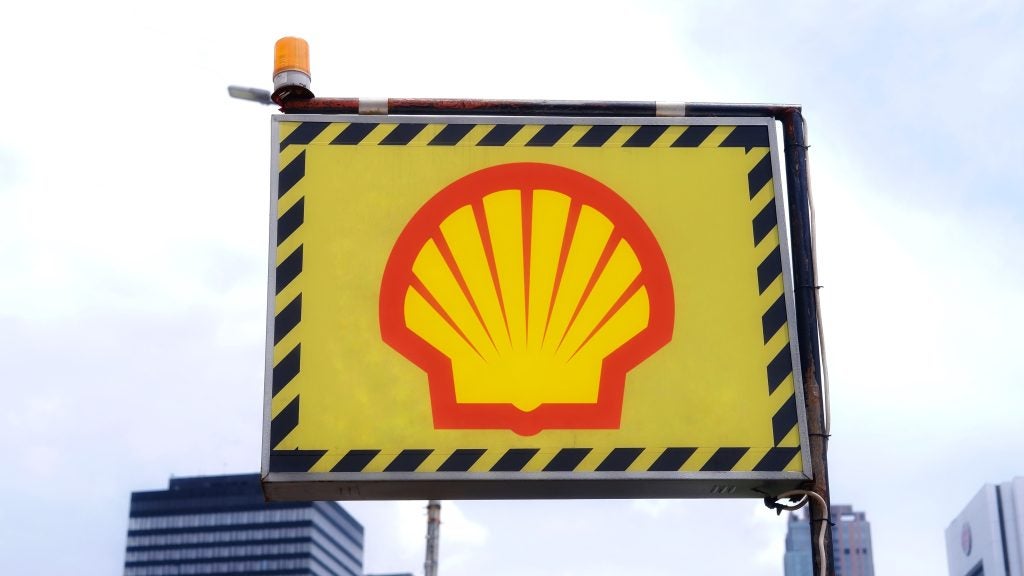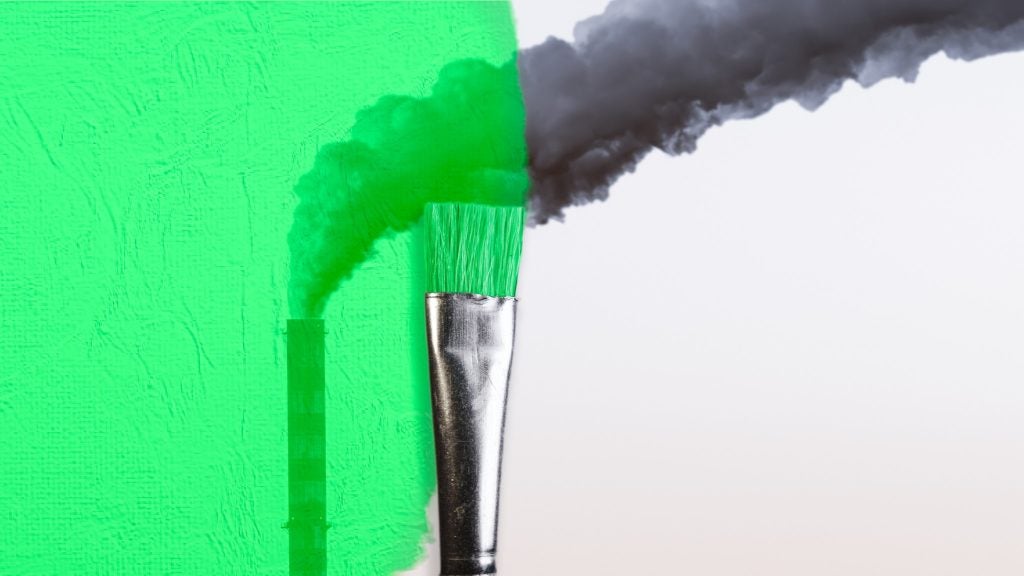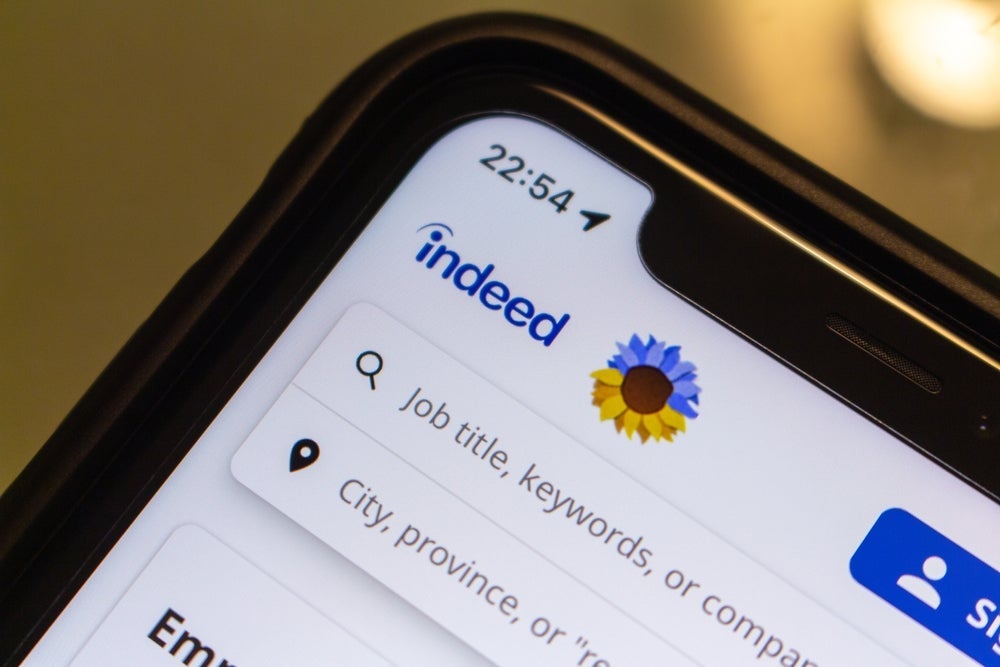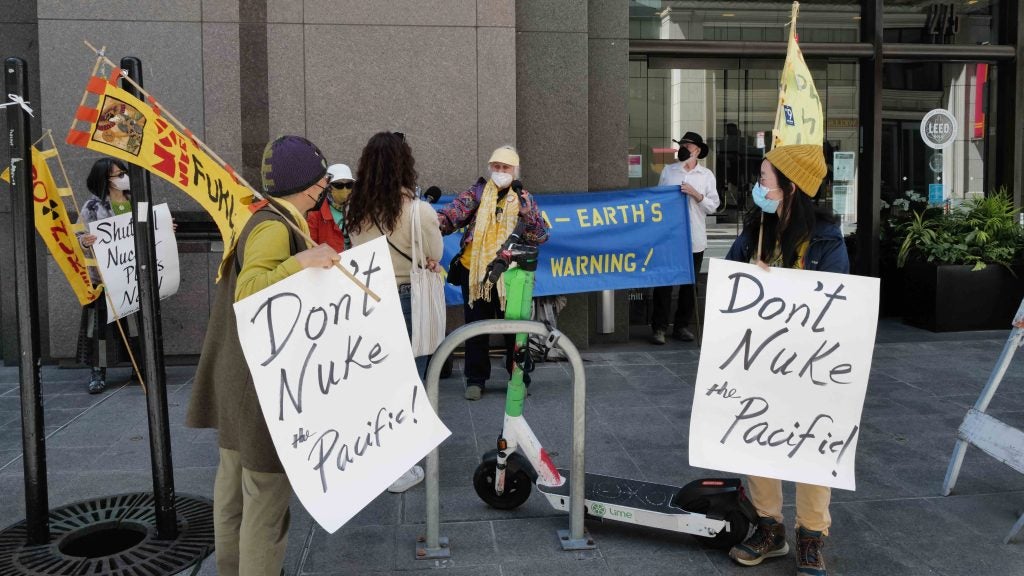Wael Sawan, CEO of British multinational oil and gas company Shell, has said in a speech that he “believes in urgent climate action” despite the company’s recent apparent shift away from sustainability commitments and towards oil and gas.
Speaking to employees on Tuesday (17 October), Sawan named affordability as the primary obstacle to transition but reportedly assured staff that Shell's company strategy had not changed.
The speech preceded Wednesday’s announcement that Qatar will supply Shell with 3.5 million tonnes of natural gas annually for 27 years, according to QatarEnergy, the state-owned energy company.
That follows two other agreements between QatarEnergy and Shell for a share of the North Field gas expansion project, which holds approximately 10% of the world’s known natural gas reserves.
Qatar is one of the world’s top liquid natural gas (LNG) producers, alongside the US, Australia and Russia, and is set to raise its output by at least 60% to 126 million tonnes a year, by 2027. Its most recent deal with Shell is equal in length to previous agreements with France’s TotalEnergies, the China National Petroleum Corporation and China’s Sinopec, all of which now represent the longest LNG deals in history.
In his letter published as part of Shell's 2022 Sustainability Report, Sawan wrote: “We expect that LNG will play an important role in such a transition. It provides a critical supply of energy today, and it produces fewer greenhouse gas emissions than coal when used to generate electricity … In 2022, we made significant investments to increase production of LNG and reduce emissions from the process.”
There have been concerns around Shell’s sustainability strategy, which led to shareholder ClientEarth suing the company over its transition strategy in February 2023. Yet oil and gas have provided good returns for shareholders, with the ongoing Israel-Hamas conflict driving share prices to a record high on Monday (16 October).
Shell’s company filings analysed by GlobalData reveal a drop-off in environmental concerns since 2021 - when its Powering Progress strategy was launched to accelerate the company’s transition to net zero.
Our signals coverage is powered by GlobalData’s Thematic Engine, which tags millions of data items across six alternative datasets — patents, jobs, deals, company filings, social media mentions and news — to themes, sectors and companies. These signals enhance our predictive capabilities, helping us to identify the most disruptive threats across each of the sectors we cover and the companies best placed to succeed.














